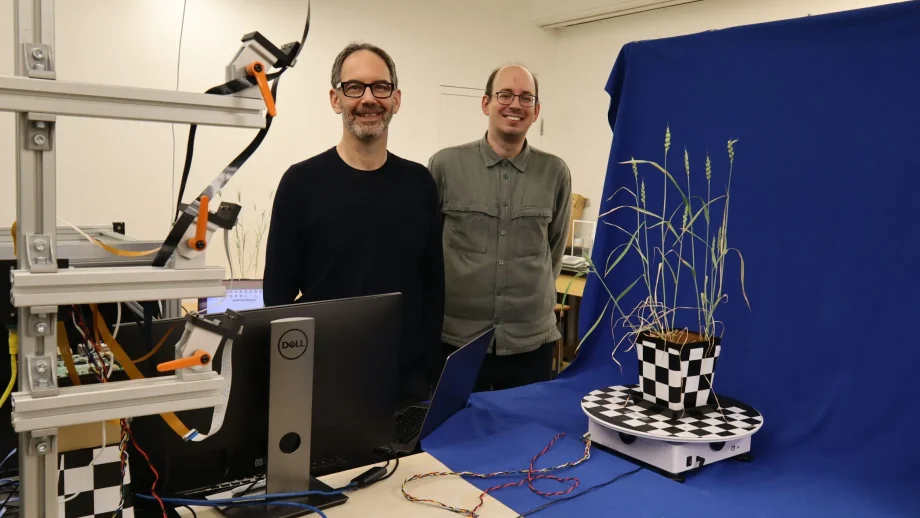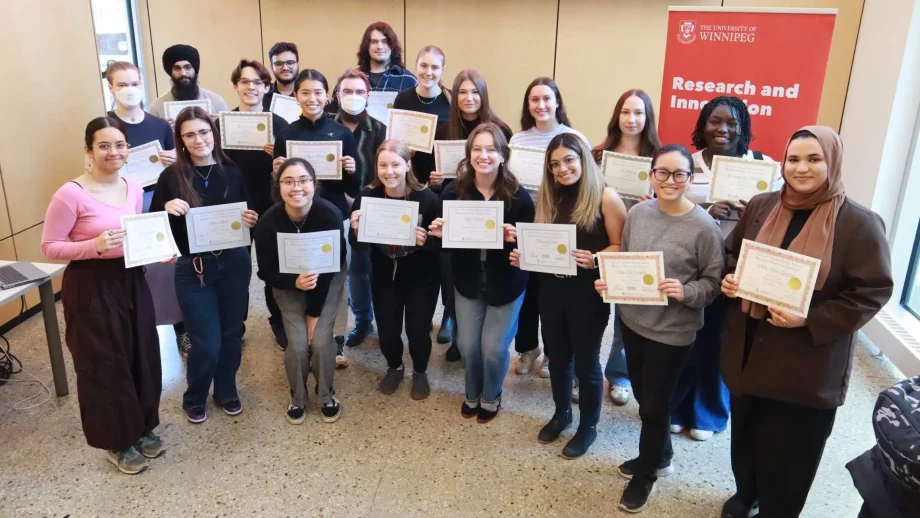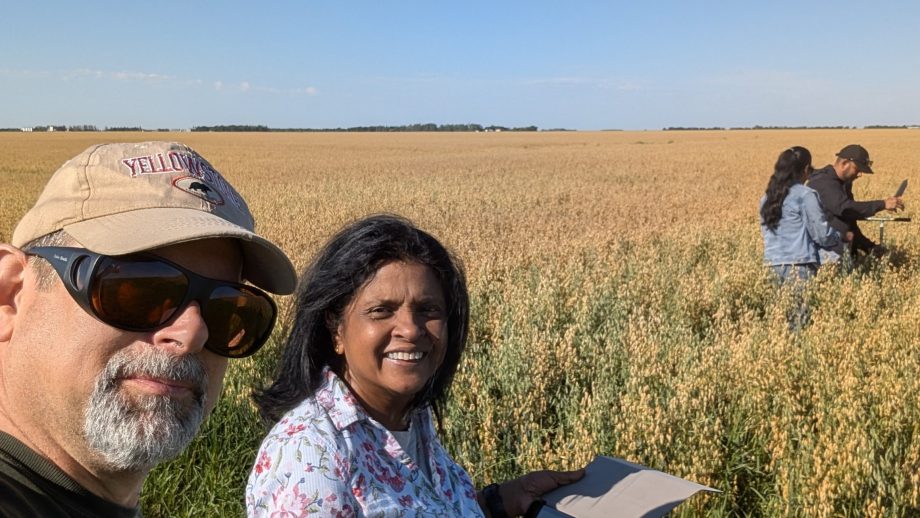
Les Sabiston works to build new understandings of Indigenous youths’ experiences in the legal, health, and social service systems.
Recent information from Statistics Canada shows that Indigenous youth made up 46 per cent of admissions to correctional services in 2016-17, even though they comprise only eight per cent of the country’s youth population. When the Truth and Reconciliation Commission’s (TRC) final report was tabled in 2015, one in five of its recommendations addressed needs within the judicial system. Les Sabiston’s research aims to address some of these gaps. Sabiston is Manitoba Métis and a PhD candidate at Columbia University. He joins the Department of Anthropology at The University of Winnipeg as a research scholar on July 1, 2018.
Sabiston grew up in Selkirk and Winnipeg, and saw firsthand the ways in which systemic bias has hurt Indigenous people. As a scholar, he works to build new understandings of Indigenous youths’ experiences in the legal, health, and social service systems. In his work, Sabiston builds bridges between different levels of the justice system and people who are involved with it.
“My work is ultimately for Indigenous peoples: I want to make some small contribution to a more livable and decent world for my family and friends who endure inhospitable environments in Canadian society. I attempt to diverge from a common approach in anthropological theory and investigation that makes research about Indigenous peoples,” said Sabiston.
Sabiston’s research looks at the fetal alcohol spectrum disorders (FASD) diagnosis and the systems that shape the lives of people diagnosed with FASD. He ties together historical, medical, and social science research to explore the colonial context of the FASD label, offering an alternative to decades of research that has taken the diagnosis for granted.
“His work will challenge scholars and policy makers in criminal justice, social work, education, and beyond to reconsider what justice for people living with this label should look like,” said Dr. Bronwyn Dobchuk-Land, assistant professor of criminal justice at The University of Winnipeg.
“His area of research helps us understand how and why we, as a society, created such enormous inequalities between Indigenous and non-Indigenous peoples in this country. Anthropology and other social sciences and humanities fields are exciting precisely because they remind us that things could be different, that the world is full of potential,” said Dr. Shelley Tulloch, chair of anthropology at UWinnipeg.
Sabiston will explore with his new colleagues how universities can work with community to build understanding. They hope that, as his work sheds light on the experiences of those who are disadvantaged in the justice system, the critical examination will contribute to positive change, such as what was outlined in the TRC Calls to Action.
“While the TRC has provided us with a framework for Canada to work from, we know Indigenous people, communities, and scholars have long recognized the inherent injustices within the justice system. Les Sabiston’s work is an important part of undertaking Indigenous-based scholarly critiques of systems that have not worked for us, and in fact are in opposition to what ‘justice’ really means,” said Dr. Jaime Cidro, acting Indigenous Academic Lead at The University of Winnipeg.
Sabiston’s research is funded by the Social Sciences and Humanities Research Council (SSHRC), Social Science Research Council, and Manitoba Research Alliance.




